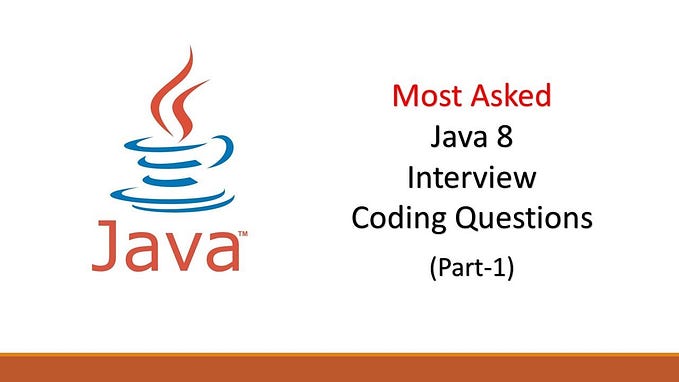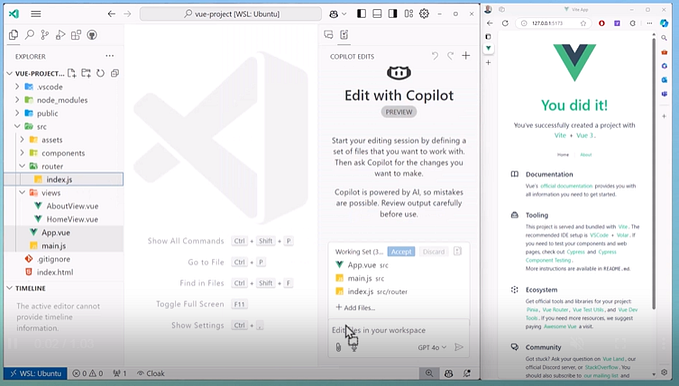Why You Should Treat Your SQL Like Code
For the past 2 years working at a large Silicon Valley technology company, I’ve been observing the way Data Engineers treat SQL the same way Software Engineers treat code. This winning mentality can be integrated into the data strategy of any company of any size. I’m going to walk through the ways that you can benefit from treating SQL like code and provide specific ways that all organizations can benefit from these principles.
SQL is a query language. Why would we treat it like code?
Just like object-oriented code, SQL can be time-intensive to write, laborious to debug, difficult to understand, can cause versioning challenges, and must be maintainable. Speaking from the perspective of one Silicon Valley company; SQL can also be used to create data pipelines. When data pipelines fail, it must be easy and accessible to debug and fix data pipelines. With all of these factors in mind, it’s clear that code centralization must be a core component of data strategy.
With the added benefit of code management tooling, it’s easy to understand who has been changing or maintaining a given SQL script, and trace that author’s changes to other relevant queries. It makes it fast and easy to find failing commits, and revert changes or apply relevant fixes. Upon committing SQL code, the code is instantly deployed to the development environment. Development pipelines can then be executed and failures identified and fixed instantly. Periodically, a testing environment…









